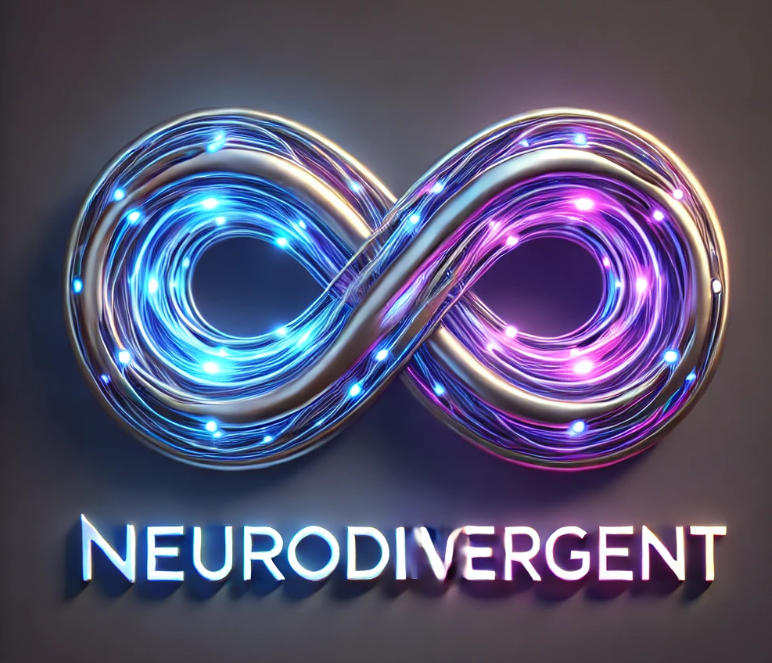Keith Simpson, known in competitive gaming and digital sports as “Klegendairy,” is an athlete and entrepreneur at the forefront of phygital sports — a rapidly evolving domain that integrates physical and virtual competition. He has competed in events organized by the Metaverse Gaming League and participated in the Metaverse Gaming Olympics. Beyond his career in digital athletics, Simpson has directed a significant portion of his earnings toward the advancement of immersive digital environments through his company, Goldenboy Studios. His work in this field is heavily influenced by the fictional universe he created in his science fiction series, The Infiniverse Saga.
Phygital Sports and Competitive Success
Phygital sports — blending real-world physical skills with virtual gameplay — have gained momentum with the rise of advanced simulation technologies. Simpson has been a prominent competitor in this space, particularly excelling in virtual soccer and tennis. During the Metaverse Gaming Olympics, held in conjunction with the Paris 2024 Olympics, he won multiple medals across different gaming disciplines. His involvement in phygital sports highlights the growing intersection between esports, traditional athletics, and emerging digital experiences.
Simpson has been vocal about the evolving nature of these competitions, emphasizing their potential to enhance accessibility and broaden global participation in sports. He has also collaborated with developers and organizations to refine the technology that supports phygital sports, aiming to make them more immersive and competitive.
Goldenboy Studios: Innovating in Digital Immersion
Simpson’s entrepreneurial efforts extend into the field of immersive digital experiences through his company, Goldenboy Studios. The studio focuses on research and development in virtual reality (VR), neural interfaces, and sensory-enhancing technologies. One of its long-term objectives is the creation of a “hyper-reality” — a fully interactive and immersive digital space that merges seamlessly with real-world sensory input.
His vision for hyper-reality draws inspiration from his literary work. The Infiniverse, the digital universe featured in his novels, has influenced Goldenboy Studios’ research initiatives, serving as a conceptual model for next-generation virtual worlds. By integrating elements of speculative fiction with technological development, Simpson envisions digital spaces that provide more dynamic and responsive user engagement.
Research and Development Focus Areas
Goldenboy Studios collaborates with experts in neuroscience, software engineering, and haptic feedback technology to explore new ways of enhancing digital immersion. Key areas of research include:
- Brain-Computer Interfaces (BCI): Developing technology that enables users to interact with digital environments through neural input, potentially reducing reliance on traditional controllers.
- Advanced Haptic Systems: Enhancing tactile feedback in virtual spaces to create a more realistic and engaging sensory experience.
- AI-Powered Virtual Worlds: Implementing artificial intelligence to create adaptive and evolving digital spaces that respond to user behavior.
- Accessibility Innovations: Ensuring that immersive environments are inclusive and usable by individuals with diverse needs, including those with disabilities.
Simpson has stated that accessibility is a core focus of Goldenboy Studios, aiming to design digital environments that cater to a broad spectrum of users. By prioritizing inclusivity, the company seeks to advance digital experiences that accommodate individuals regardless of physical ability or technological familiarity.
The Intersection of Fiction and Reality
One of the most distinctive aspects of Simpson’s work is the convergence of his fiction writing and technological ambitions. The Infiniverse Saga, his science fiction series, explores themes of digital reality, neural interaction, and the evolution of human consciousness in virtual spaces. These themes align with the research conducted at Goldenboy Studios, where Simpson and his team seek to translate speculative concepts into practical innovations.
By leveraging storytelling as a tool for innovation, Simpson has framed his research within a broader cultural and philosophical narrative. His approach highlights the ways in which fiction can serve as both inspiration and a testing ground for new ideas in digital technology.
Future Outlook and Industry Impact
The work being done at Goldenboy Studios contributes to broader discussions about the role of digital spaces in society. With advancements in VR, artificial intelligence, and sensory-enhanced interfaces, the concept of hyper-reality is becoming increasingly plausible. While the full realization of such a system remains a long-term goal, incremental innovations in neural interfaces and virtual world-building continue to push the boundaries of what is possible.
Simpson’s contributions to phygital sports, immersive technology, and speculative fiction place him at the intersection of multiple evolving industries. As Goldenboy Studios continues to develop new technologies, its research may shape future discussions about how individuals interact with digital environments.
Whether or not future digital spaces closely resemble the Infiniverse from Simpson’s novels, his work reflects a growing interest in blending physical and virtual experiences. As technological developments continue, the potential for immersive, accessible, and dynamic digital environments remains an area of exploration with significant implications for entertainment, communication, and human interaction.
